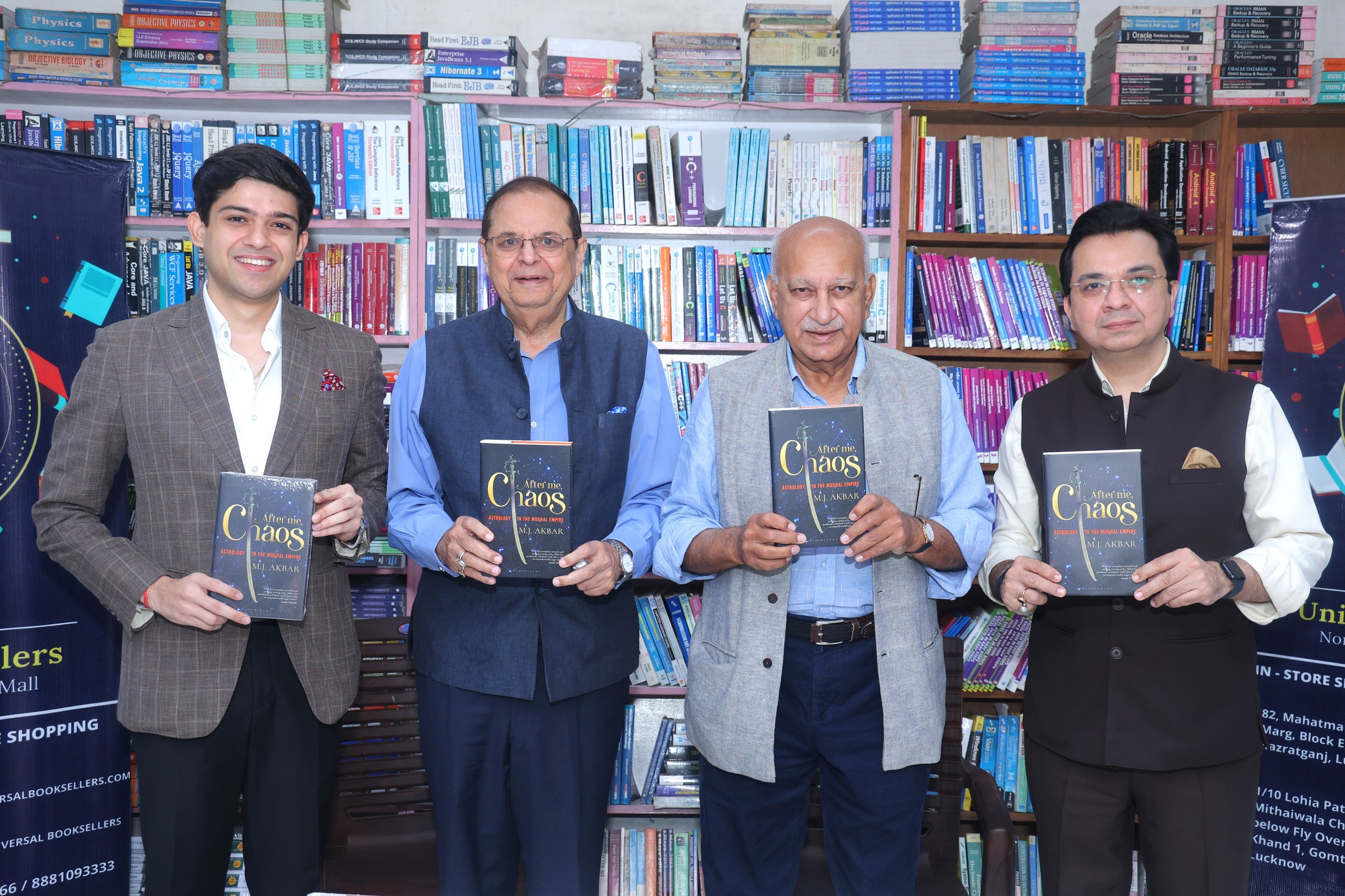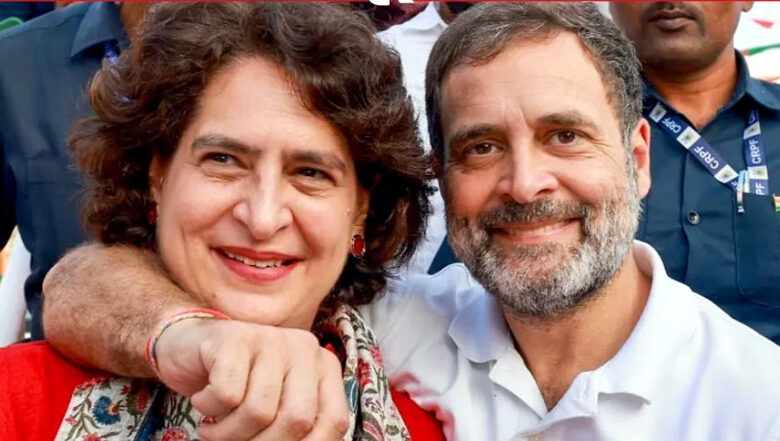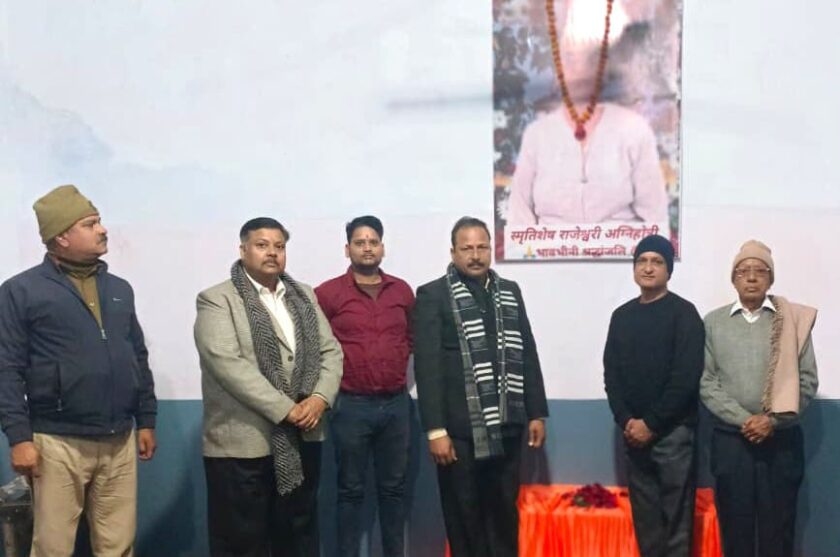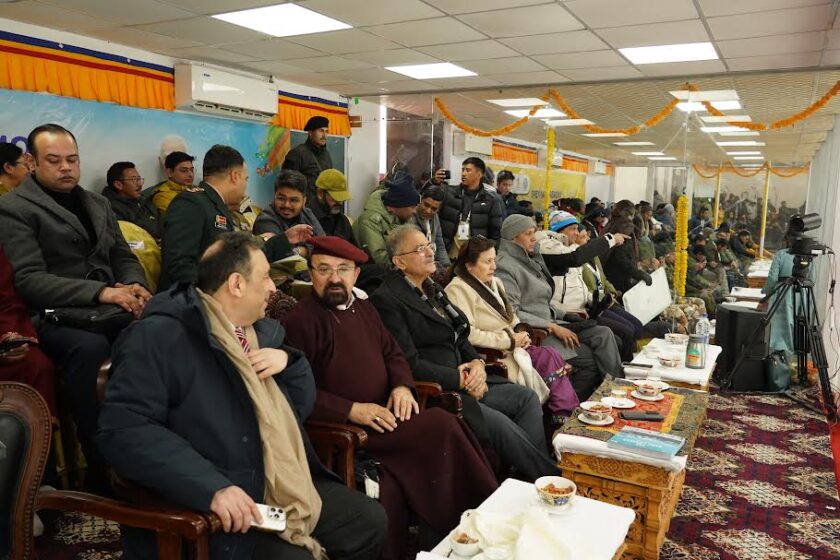Lucknow: The city’s literary enthusiasts were treated to an intellectually invigorating morning as renowned author, veteran journalist, and former Minister of State for External Affairs, M.J. Akbar, graced a local bookstore for an engaging discussion on his latest magnum opus, “After Me, Chaos: Astrology in the Mughal Empire.”
The session turned out to be more than a book talk—it became a reflective dialogue on civilizational coexistence, cultural continuity, and the forgotten intersections of science and belief. Akbar, known for his eloquence and historical insight, captivated the audience with his exploration of astrology’s role in shaping the political and philosophical contours of the Mughal era.

He reminded listeners that astrology, often dismissed as superstition today, was once a vital part of ancient civilizations across the world—informing statecraft, philosophy, and even architecture—until the scientific revolution gradually marginalized it.
The discussion also touched upon the broader theme of cultural rootedness and national identity. The session underscored that nations which sever ties with their cultural heritage risk internal discord and eventual self-destruction. “A nation that distances itself from its civilizational roots begins to lose its sense of identity,” one attendee reflected, pointing to examples in the subcontinent where such disconnection has led to a struggle for cultural and ideological coherence.

The event was described by participants as a deeply enriching and interactive experience, reigniting conversations on India’s civilizational ethos and the timeless relevance of its heritage.
In the words of one participant, “Cultural continuity is vital for civilizational evolution. Nations that forget their past often lose their future.”
“After Me, Chaos: Astrology in the Mughal Empire” stands as a must-read for those interested in history, culture, and the intricate interplay between science and belief—a testament to Akbar’s enduring ability to weave scholarship with storytelling.









